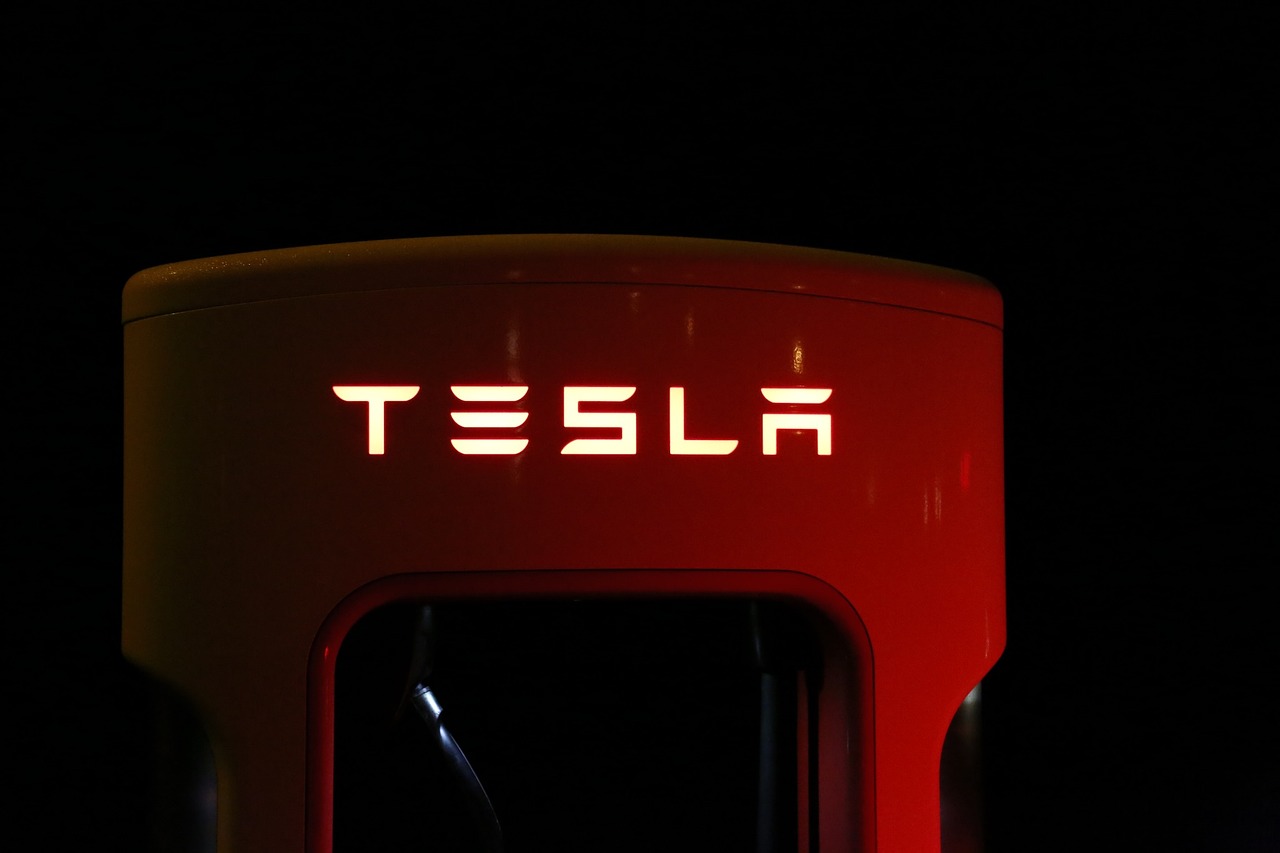While there is little doubt that the Tesla’s engineering is changing the auto industry, one issue which is rarely discussed is the efforts the company is taking to change the rules governing how cars are sold in the U.S.
In most states, automakers are forbidden from selling vehicles directly and while this extra layer adds to the price of the car you are buying it has also created hundreds of thousands of jobs – many of which are with local businesses. While many view this as a good thing as they businesses create jobs and keep wealth in local communities; others point to rise of national car dealerships that are essentially using outdated laws to protect their profits.
Enter Tesla, the company has been aggressively lobbying states legislatures across the country to overturn these laws as part of its direct sales model. However, such moves could have massive ramifications for local businesses – especially if other automakers follow in Tesla’s footsteps. With that in mind, we will explore how Tesla is lobbying to hurt local businesses.
Of the many states where this battle is currently raging both Michigan and Texas come stand out as the most prominent standoffs at the moment. In Michigan, the state legislature decided to update its auto dealer franchising laws and this brought a movement to insert language to bar direct sales of new cars. This so-called ‘anti-Tesla’ move led the company to file suit as it felt the legislation was a swipe against its business model.
But the lawsuit isn’t just about Tesla, it also has ramifications for other automakers as well as the thousands of local businesses across the country. This because any move to allow the automaker to directly sell their cars to consumers could disrupt the auto dealer model we have lived with for the past 100 years.
It’s not just the local dealers who have a stake in this argument. Dozens of car buying sites are also looking at how the case advances to determine the future of their business. This is a big deal as moves to revamp dealer licensing regimes across the country could speed up the rise of mega dealers – many of whom are major corporations.
Meanwhile, Tesla has also been busy trying to overturn a 2015 ruling which barred the company from commencing direct sales in the state. Even though the early rounds of this battle have gone to dealership associations, Tesla is gearing up to take on the legislation.
For Tesla, this is a big deal as Texas represents a major market for the company going forward. Not only is the state currently offering incentives for buying electric vehicles but the added hoops for consumers in the state has put a dent in the company’s plans.
Besides Texas and Michigan, there are reports that Elon Musk’s company is currently seeking to change dealer laws in New York (where it is currently limited to operating five stores), Connecticut, Utah (though its efforts have faced resistance), New Mexico, Oklahoma, and Wisconsin. These moves center around the company’s wish to undo the near monopoly of auto dealers.
While there is an argument to be made for lowering the cost of buying a car through direct sales, what often gets lost is that the clear majority of dealers are small-to-midsized businesses. Many with dozens of employees that help to build and keep wealth in the communities they serve.
Therein lies the crux of the problem as moves to allow the direct sale of new cars could push many dealers out of business – remember this was a sector of the auto industry which was hit especially hard during the last recession.
Another reason for concern is the implications that direct or online sales would have on property tax collection as this is a major way that most local governments get the funding they need.
The reason is simple. If direct sales do have a negative impact on the viability of thousands of dealers, they will be left with no choice but the close. While this would have a minimal impact on auto sales, it will impact property tax collections – especially in communities with little or no tax base.
What does all of this mean for local businesses? Times are changing and this means that new threats to the established order are continually cropping up. However, it is not time to throw in the towel. Yes, Tesla has an exciting product line that customers want but odds are that Tesla will always be a niche player compared to other automakers; even if all cars go electric in the next decade.
As such, the lesson is that threats are constantly cropping up and as such local businesses can’t be complacent – if they do, then they might end up closing their doors.

